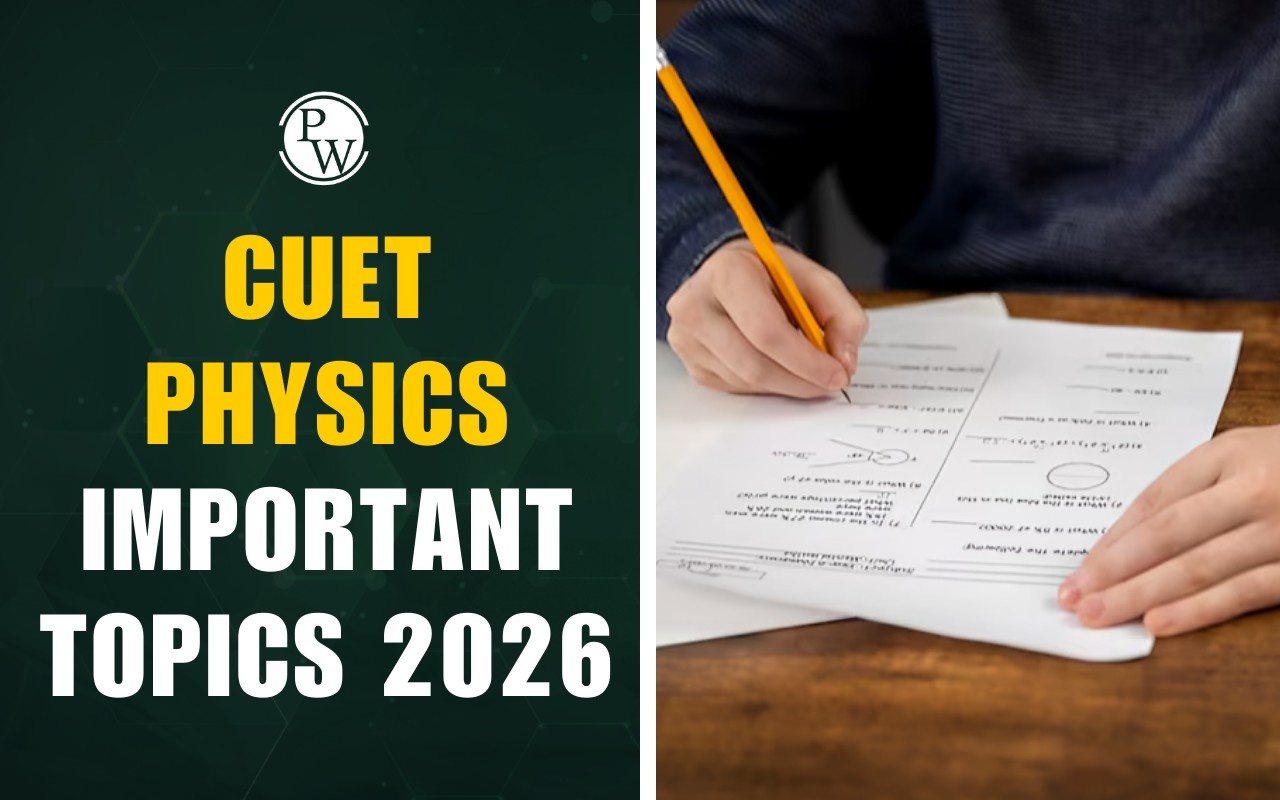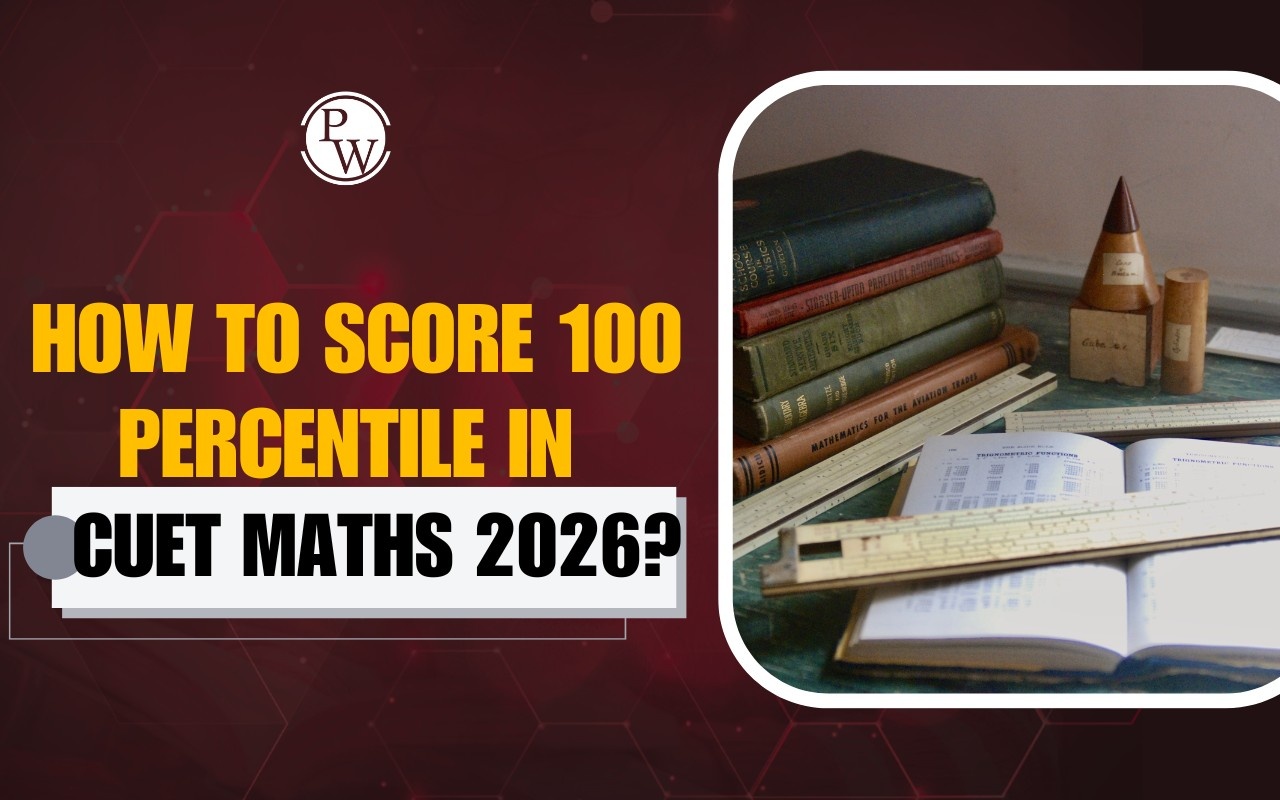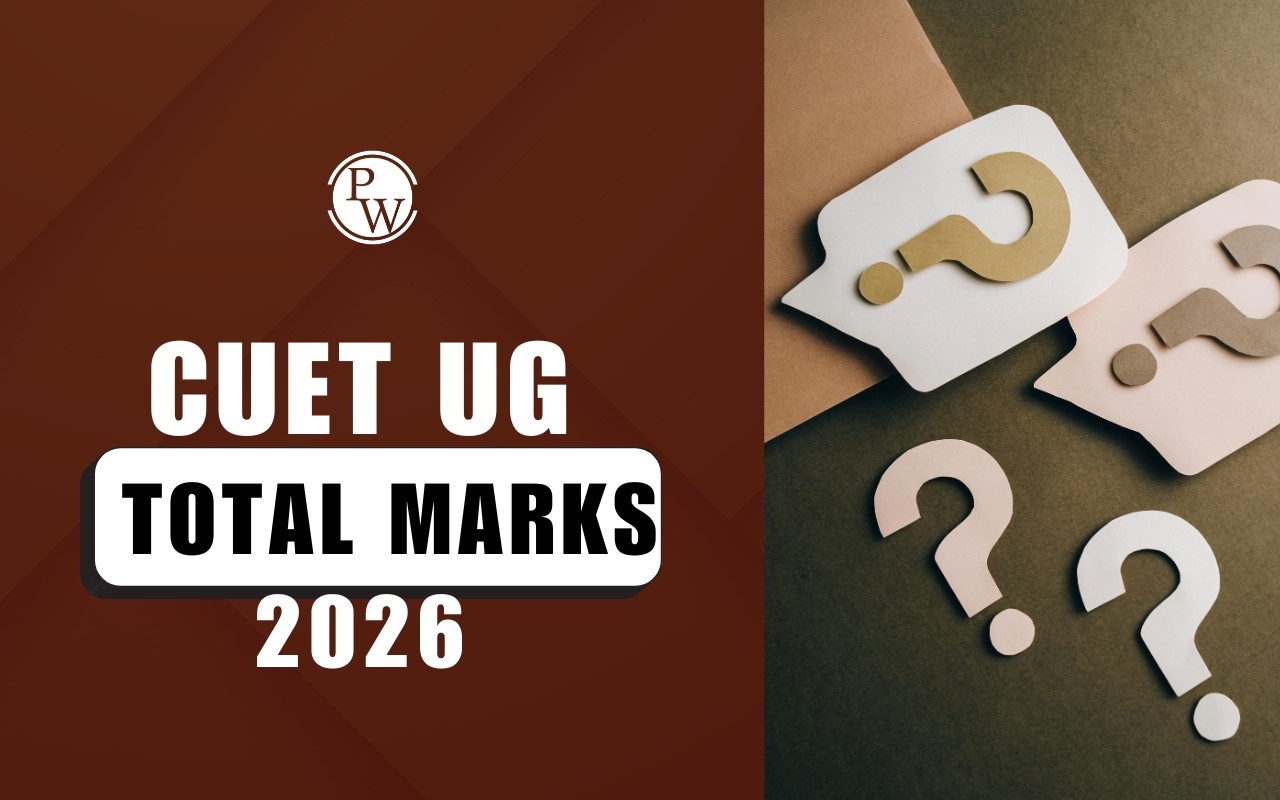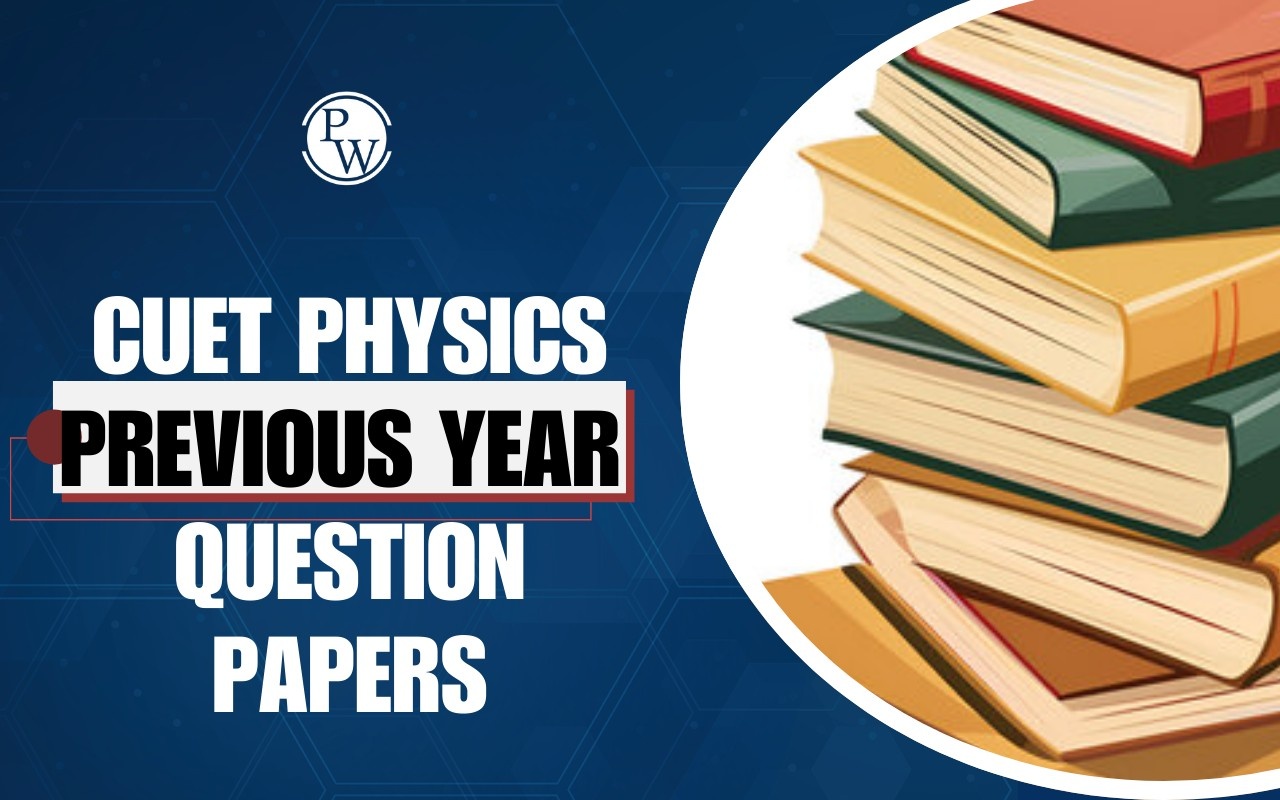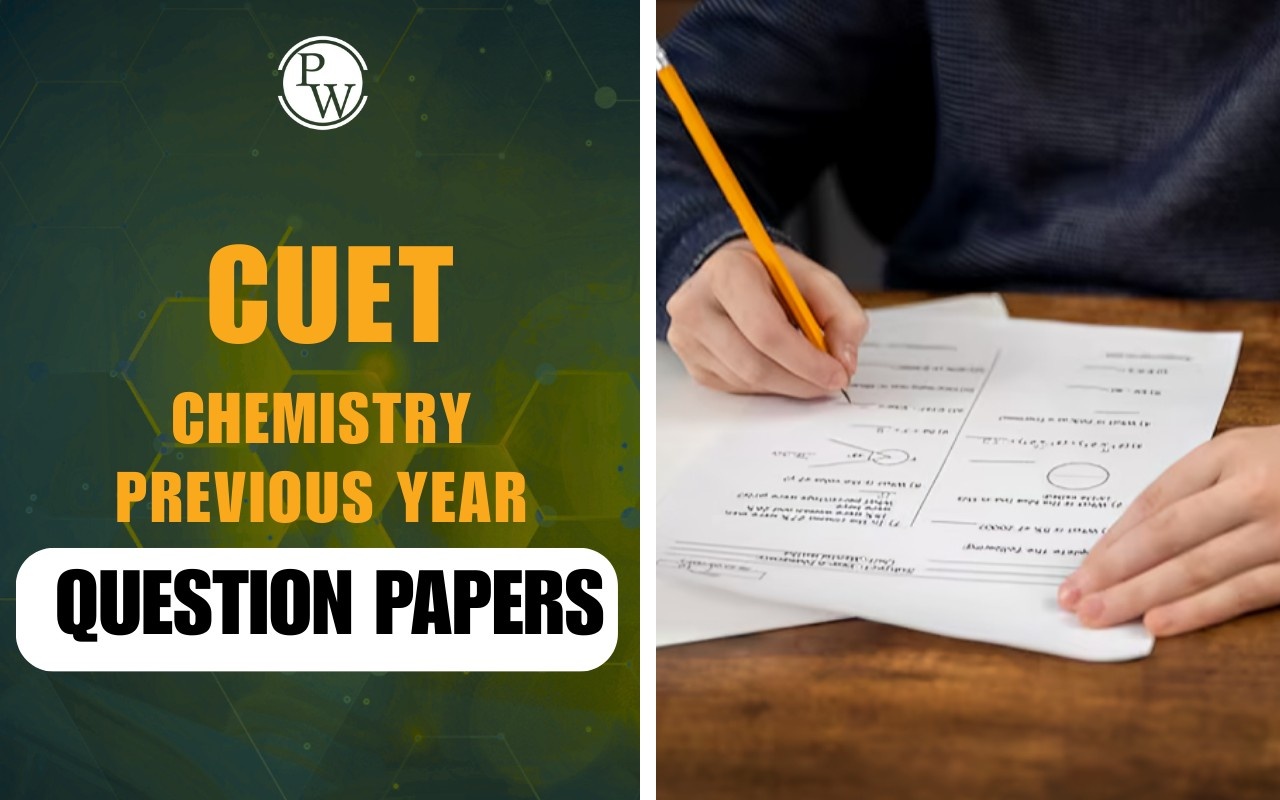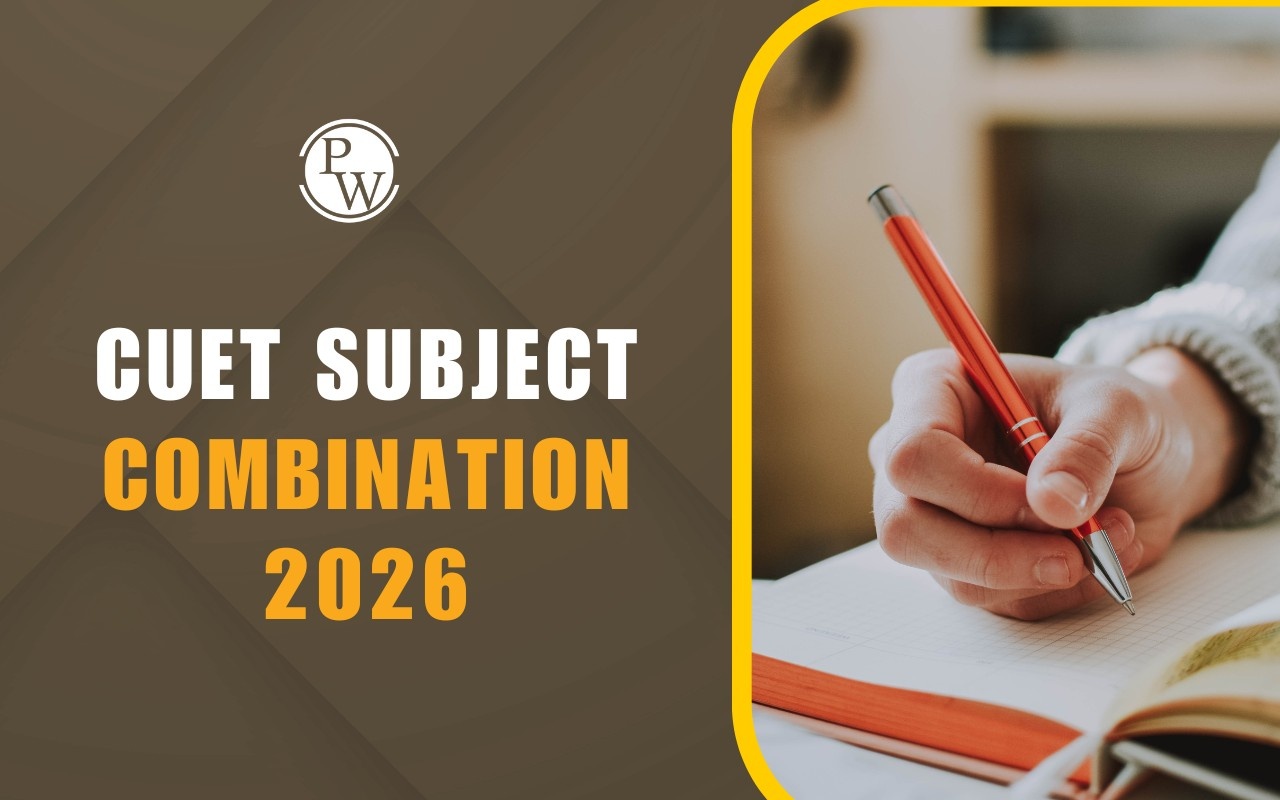
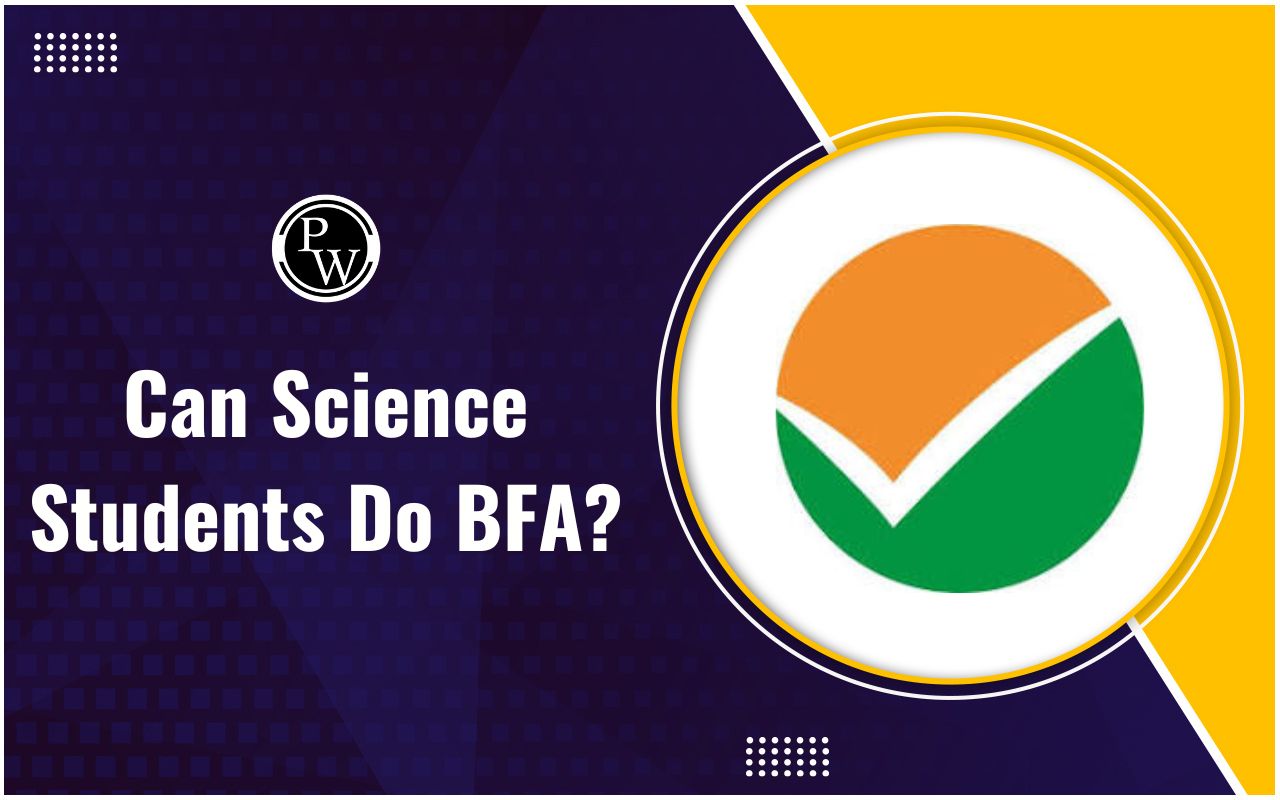
Can Science Students Do BFA : Bachelor of Fine Arts (BFA) is a popular undergraduate degree for students interested in pursuing careers in the arts. Many students wonder if they can transition from a science background to a BFA program. Candidates can check the possibility of Science students enrolling in BFA programs through CUET exam .
What is BFA?
Bachelor of Fine Arts is a four-year undergraduate degree focusing on visual arts, performing arts, and design. Students can specialize in various fields such as painting, sculpture, graphic design, and more. The program emphasizes creativity and technical skills.
Can Science Students Do BFA?
Students from Science backgrounds can pursue a Bachelor of Fine Arts degree through CUET. The admission process does not restrict applicants based on their previous academic stream. Here are some points to consider:
- Diverse Backgrounds: Universities welcome applicants from various educational backgrounds. Science students bring unique perspectives to the arts.
- Skill Development: Students from science backgrounds may possess analytical skills that can enhance their artistic practice.
- No Fine Arts Prerequisite: As mentioned earlier, it is not necessary to have studied fine arts in school to apply for BFA programs
BFA Eligibility Criteria through CUET
Candidates who wish to apply for the BFA program through CUET must meet the specific eligibility criteria.
- Educational Qualification: Candidates must have completed Class 12 from a recognized board.
- Subject Requirements: While many assume that fine arts must be studied at the school level, it is not mandatory. Science students can apply without having taken fine arts as a subject.
- Minimum Marks: General category students need at least 50% aggregate marks in Class 12, while reserved category students require 45%.
BFA Subject Combinations for CUET
Candidates must choose specific subjects when applying for a BFA (Bachelor of Fine Arts) through CUET. They can check the subject combinations below.
- Language Subjects: Candidates can select from languages such as English, Hindi, Sanskrit, or regional languages.
- General Test: This section assesses general knowledge and aptitude.
- Practical Tests: Some colleges may require candidates to take practical tests in their chosen specialization
Career Opportunites after BFA through CUET
There are several career opportunities after completing graduation with a BFA degree. Candidates can check some of the opportunities below.
- Graphic Designer: BFA graduates can work as graphic designers, creating visual content for print and digital media. This role involves designing logos, brochures, and websites.
- Animator: Many BFA graduates become animators, creating animations for films, video games, and advertisements. This field is growing rapidly due to the demand for engaging visual content.
- Illustrator: Illustrators create images for books, magazines, and advertisements. They often work freelance or with publishing companies.
- Art Director: Art directors oversee the visual aspects of projects in advertising agencies or publishing houses. They ensure that the artwork aligns with the overall vision of the project.
- Photographer: Graduates can pursue careers in photography, capturing images for various purposes, including fashion, events, and commercial projects.
- Art Therapist: Some BFA graduates choose to work as art therapists, using art to help individuals express emotions and improve mental health.
- Fine Artist: Many graduates continue as fine artists, creating original works for galleries or private collectors.
- Multimedia Artist: This role involves creating content that combines different forms of media, such as video, animation, and sound.
BFA Preparation Tips
Candidates preparing for CUET exam for admission to the BFA course must follow a strategic approach. The important preparation tips are listed below.
- Understand the Syllabus: Candidates should familiarize themselves with the CUET BFA syllabus. It includes sections like Visual Arts, Reading Comprehension, and General Knowledge. Knowing the syllabus will help candidates focus their studies effectively.
- Create a Study Schedule: Developing a structured study plan is crucial. Candidates should allocate time for each subject and stick to this schedule. Regular revisions are important to reinforce learning.
- Practice Mock Tests: Taking regular mock tests and solving previous years’ question papers can be beneficial. This practice helps candidates get used to the exam format and improves time management skills. It will also enhance speed and accuracy during the actual exam.
- Focus on Portfolio Development: A strong portfolio is vital for BFA applicants. Candidates should include various artworks that showcase their creativity and skills. Attending workshops or art classes can help improve techniques and expand their portfolios.
- Manage Time Wisely: Effective time management is essential during preparation and in the exam. Candidates can use techniques like the Pomodoro method, studying intensely for 25 minutes followed by a 5-minute break to maintain focus without burnout.
- Seek Feedback from Peers and Mentors: Candidates should share their artwork with peers or mentors for constructive criticism. Feedback can help identify areas for improvement and refine skills further.
Study Material For CUET 2025 Preparation
Comprehensive guides, practice papers, mock tests, and video lectures designed to help students excel in the CUET 2025 exam . Boost your preparation with expert resources.| Study Material For CUET 2025 Preparation |
| Checkout CUET Books from PW Store |
| Checkout Question Banks from PW Store |
| Checkout Mock Test from PW Store |
Can Science Students Do BFA : FAQs
Q1. Can science students apply for a BFA program?
Q2. What are the eligibility criteria for BFA?
Q3. Do science students need to submit a portfolio?
Q4. How can science students prepare for the BFA entrance exam?




